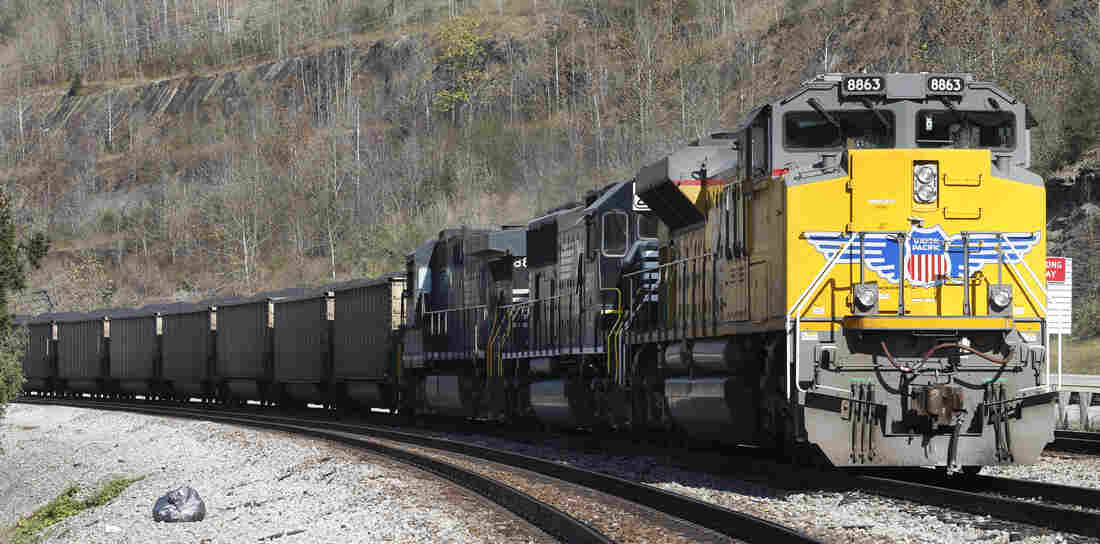Slam Dunk: Michael Jordan Wins Trademark Dispute In China
A shopper walks past a Qiaodan Sports retail shop on Thursday in Beijing, China. Ng Han Guan/AP hide caption
toggle caption
Ng Han Guan/AP
China’s top court has handed basketball legend Michael Jordan a victory in a long-running trademark dispute over the use of his name by a Chinese company.
“Nothing is more important than protecting your own name, and today’s decision shows the importance of that principle,” Jordan said in a statement after the ruling. Here’s more from Jordan:
“Over the past three decades, I have built my reputation and name into a globally recognized brand. From my earliest playing days in the NBA, through my trip to China last fall, millions of Chinese fans and consumers have always known me by my Chinese name, ‘Qiaodan.’ Today’s decision ensures that my Chinese fans and all Chinese consumers know that Qiaodan Sports and its products have no connection to me.”
The ruling by Supreme People’s Court overturns a previous ruling from a lower court that favored Qiaodan Sports Co., which makes sportswear and shoes and had registered the name as its trademark. The company has no relationship to the Nike Air Jordan brand.
Jordan is widely known as Qiaodan in China, and he initially filed a lawsuit against the company in 2012.
The court “approved Jordan’s appeal that the trademark of his name’s translation in Chinese characters infringed on his right to own his name and violated the country’s trademark law,” according to the state-run Xinhua news agency.
This company is not subtle; according to Xinhua, it also used “Jordan’s old jersey number 23, basketball player logo and even names of his children.” As NPR’s Becky Sullivan has reported, the company does hundreds of millions of dollars of business annually, with some 6,000 locations in China.

U.S. President Barack Obama and NBA athlete Michael Jordan share a smile during the presentation of the Presidential Medal of Freedom, the nation’s highest civilian honor, in the White House last month. Saul Loeb /AFP/Getty Images hide caption
toggle caption
Saul Loeb /AFP/Getty Images
After the ruling, Qiaodan “defended its actions but said it would respect the court’s decision,” The Associated Press reported.
The court’s chief judge Tao Kaiyuan “said there was an established link between Jordan and the Chinese characters for ‘Qiaodan,’ which are commonly used by the public when referring to the former basketball player, meaning that Jordan was entitled to protection under the Trademark Law,” according to the wire service.
However, it’s not a completely clear-cut victory: Xinhua added that court also “ruled that the former Chicago Bulls star does not own the right of name for Qiaodan, Chinese pinyin transcription of his surname Jordan.”
That means the company can use the word “Qiaodan” in Roman letters, but not in Chinese characters. The court said “there was not sufficient evidence to show that Chinese consumers associated” this version with Jordan, according to The New York Times.
The case could have broad implications; the Times calls it a “landmark decision that lays out ground rules for protecting personal names in trademark cases.”
In a country where foreign companies regularly come up against trademark disputes, lawyers tell the Times that this “establishes the scope of protection for personal names in trademark cases, indicating that foreign celebrities can successfully challenge third parties that use the Chinese characters of their names in China.”


